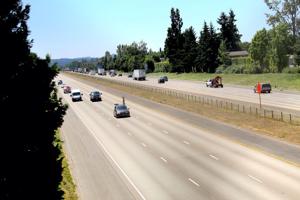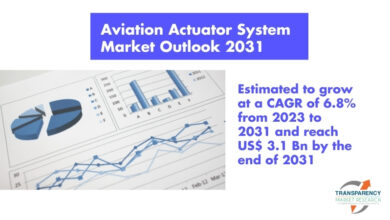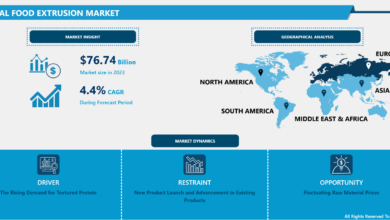Oregon Democrats moving on tollroad proposal

(The Center Square) – Oregon Democrats are at a crossroads with constituents over whether more cars on the road will mean cleaner, safer commutes and who will bear the cost.
Those fears stem from an omnibus transportation bill, House Bill 3055, which reshuffles millions included in the $5.3 billion transportation law passed in 2017. It would have the Oregon Department of Transportation (ODOT) issue $30 million in bonds per year on seismic upgrades to the Interstate-5 Boone Bridge in Wilsonville and the I-5 Rose Quarter stretch on I-205 between Stafford Road and OR-213.
Among HB 3055’s most substantial provisions is the creation of a tolling program stretching from Wilsonville to the Portland Metro area. State lawmakers claim the bill will incentivize carpooling and more bus rides. The program would run using a congestion pricing model rather than a flat rate, tolling drivers more money at peak commute time like weekday afternoons.
Officials from Portland and Multnomah County share concerns the bill guts the provisions included in the $5.3 billion transportation package passed by the state legislature in 2017, listing congestion management and relief as conditions for tolling. They worry neither are top priorities in HB 3055 as it’s written now.
“The primary objective of any pricing program must be to manage demand rather than to generate revenues,” city and county officials wrote to the Joint Transportation Committee. “The Portland region has significant congestion on the transportation system, and if we do not manage this increasing traffic effectively and equitably, those needs will continue to spiral.”
HB 3055 has drawn strong opposition from grassroots environmentalist groups like the Sunrise Movement. Aaron Brown, a political consultant and community organizer with No More Freeways PDX, testified this session that the bill flies in the face of everything Democrats promised their constituents.
“ODOT talks a big game about these projects lowering carbon emissions,” Brown said. “That’s, politely, bunk. If ODOT was serious about carbon emissions, the agency would be dramatically investing more in transit, biking and walking — not writing a blank check for these projects.”
A 2019 study released by navigation system developer TomTom shows Portland traffic is the 14th worst in the country. In Portland, a trip that would take a half-hour without stops may take a little more than 37 minutes on average in traffic.
Transportation remains the most significant contributor of carbon emissions in the state. According to the Oregon Department of Environmental Quality, it accounts for as much as 36% of statewide emissions. Last year, Gov. Kate Brown committed the state to cutting greenhouse gas emissions to 45% below 1990 levels by 2035 and 80% below 1990 levels by 2050. HB 3055’s opponents argue paving the way for more gas-burning vehicles on Oregon highways will make that goal harder.
Others argue the bill will not include the money needed to accomplish its goals.
According to the American Road & Transportation Builders Association, the cost of building a new four-lane highway can range from $8 million to $10 million per mile in urban metro areas. For 1000 Friends of Oregon, a land-use planning advocacy group, $30 million will not cut it.
“When searching for a solution to the congestion problem, most people immediately think of adding a new lane to an overburdened highway,” said Metro Regional Advocacy Manager Brett Morgan on behalf of the nonprofit. “This amount is grossly insufficient to pay for the lane addition. Introducing congestion pricing on highway facilities discourages overuse during rush hours by motivating people to travel by other modes such as carpools or transit, or by traveling at other times of the day.”
Sara Wright, Transportation Program Director Oregon Environmental Council, told state lawmakers this session that mitigating pollution and traffic lies in building a more efficient transportation system.
“The only way to manage congestion long-term is to reduce vehicle miles traveled as the region grows while still moving more and more people and goods,” Wright testified. “We will get this done by getting smarter about how we use the existing space in our corridors.”
On Wednesday, HB 3055 was passed out of the Joint Transportation Committee along party lines. It awaits further action to receive a floor vote before the state legislature is set to adjourn on June 28.
Disclaimer: This content is distributed by The Center Square


